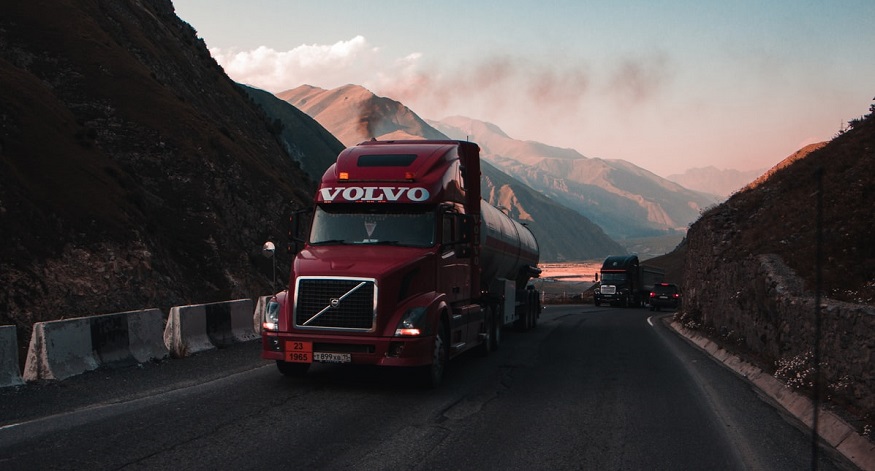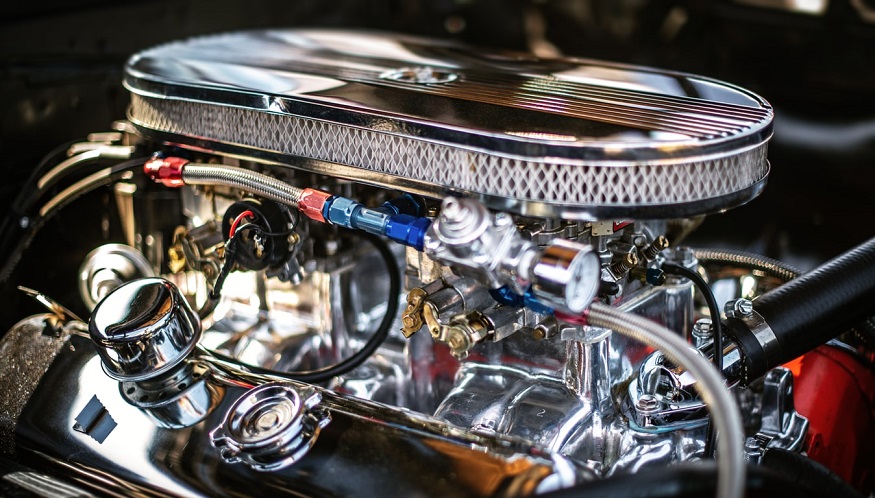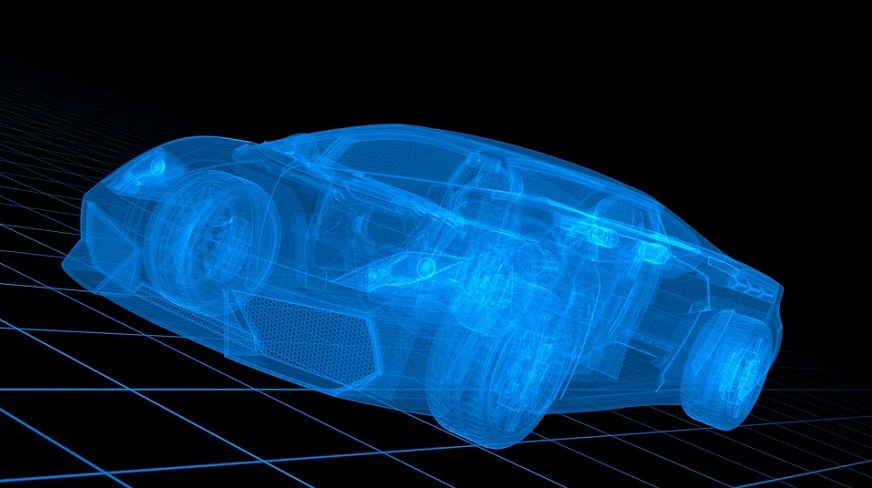
Volvo and Daimler Truck work together on heavy-duty truck fuel cells
November 6, 2020The joint venture will include the development, production, and commercialization of the systems.
Daimler Truck AG and the Volvo Group have entered into a joint venture for the development, production, and commercialization of systems of heavy-duty truck fuel cells.
The goal is to become a global manufacturing leader of these zero emission transportation systems.
Daimler Truck and Volvo are aiming to turn the new heavy-duty truck fuel cells company into a leading global manufacturer of these systems. Ultimately, they intend to move transportation forward with respect to climate neutrality, with a 2050 target. Volvo intends to purchase half of Daimler Truck Fuel Cell GmbH & Co. KG for around $700 million.
The fifty-fifty joint venture is expected to close during 2021’s first half. That said, it’s important to note that the transaction has yet to undergo required merger control reviews by applicable authorities. Moreover, it must also obtain several other approvals before it will be permitted to move forward.
The companies are banking on heavy-duty truck fuel cells as a vital zero emission transportation technology.
“The hydrogen-based fuel-cell is a key technology for enabling CO2-neutral transportation in the future. We are both fully committed to the Paris Climate Agreement for decarbonizing road transport and other areas, and to building a prosperous jointly held company that will deliver large volumes of fuel-cell systems,” explained Daimler Truck AG chairperson Martin Daum, who is also a Daimler AG board member.
This joint venture between the two automakers will develop a system that features several different power stages. This will include a twin system for long-haul, heavy-duty trucks that has 300 kW of continuous power. When taking into consideration the demanding conditions faced by applications meant for heavy-duty trucks, the products developed and manufactured by the companies will also align well with other applications such as stationary power generation, speculated a recent Today’s Motor Vehicles report.
This new heavy-duty truck fuel cells joint venture is not Daimler Truck AG’s only step into H2 this year. Earlier in 2020, the company signed an agreement with Rolls-Royce plc for a collaboration on  stationary fuel-cell generators. These will provide a CO2-neutral emergency generator power supply. That project’s final agreement should be signed before the close of 2020.
stationary fuel-cell generators. These will provide a CO2-neutral emergency generator power supply. That project’s final agreement should be signed before the close of 2020.



 With over 15 years of reporting hydrogen news, we are your premier source for the latest updates and insights in hydrogen and renewable energy.
With over 15 years of reporting hydrogen news, we are your premier source for the latest updates and insights in hydrogen and renewable energy.
Daimler and Volvo should take a hard look at vehicle-to-grid (V2G) technologies instead of stationary fuel cells during emergencies. This repurposing of transportation assets yields significant economic efficiencies than using stationary fuel cells which may not be used as regularly during normal operations.